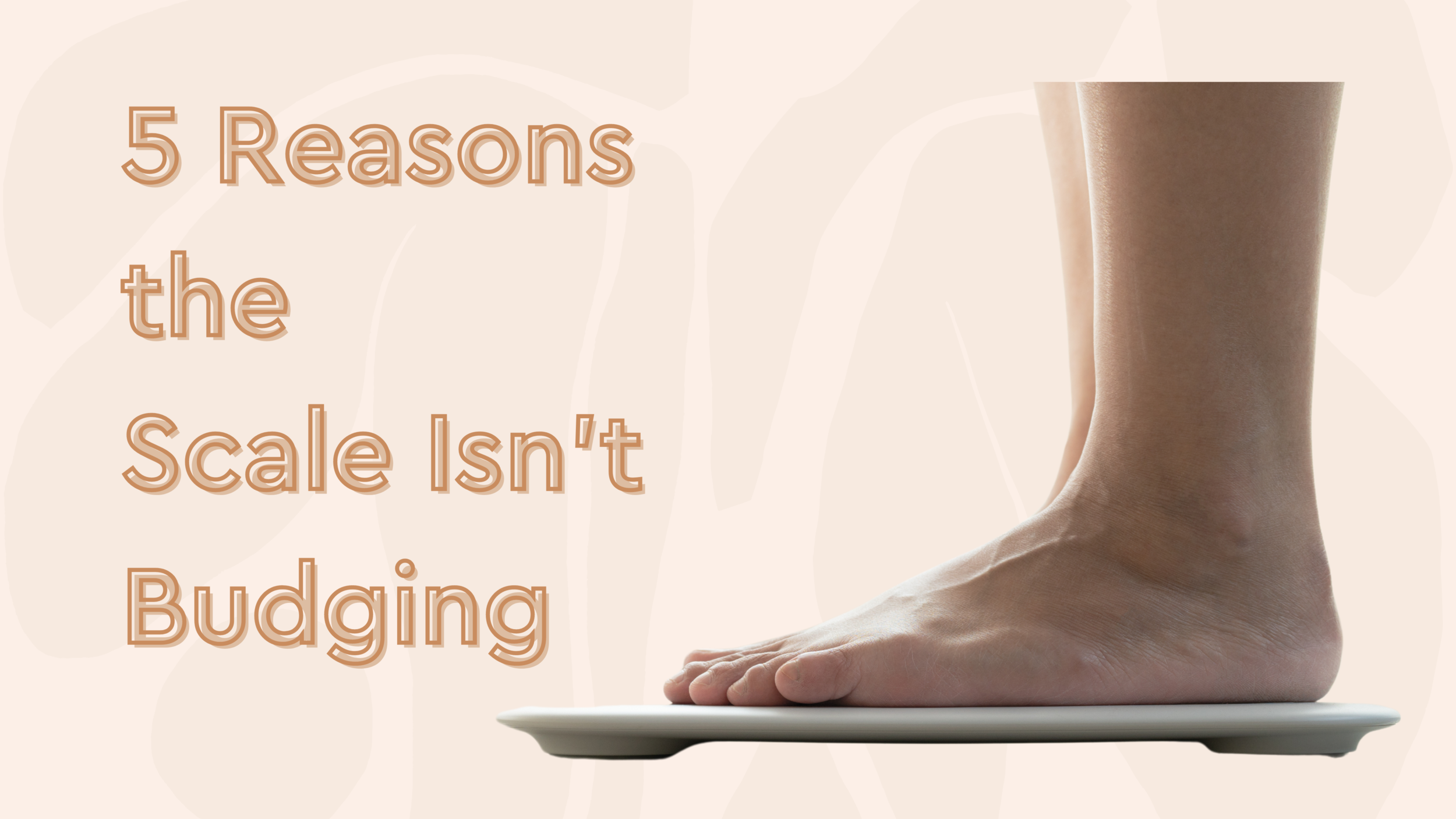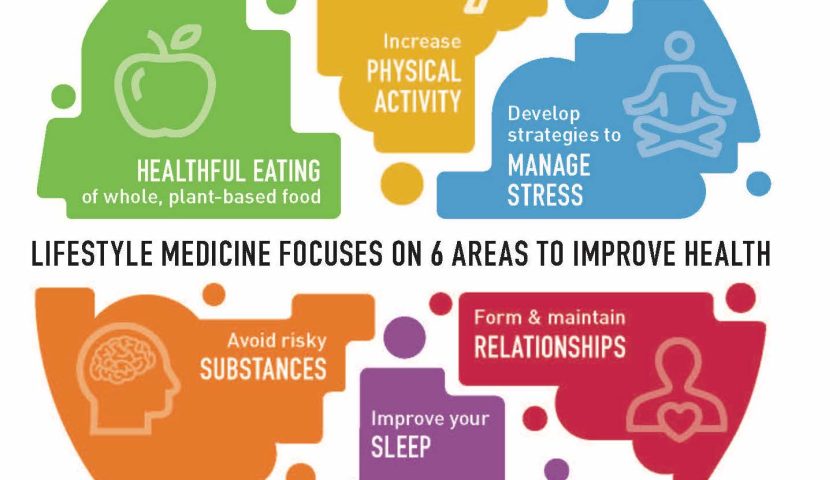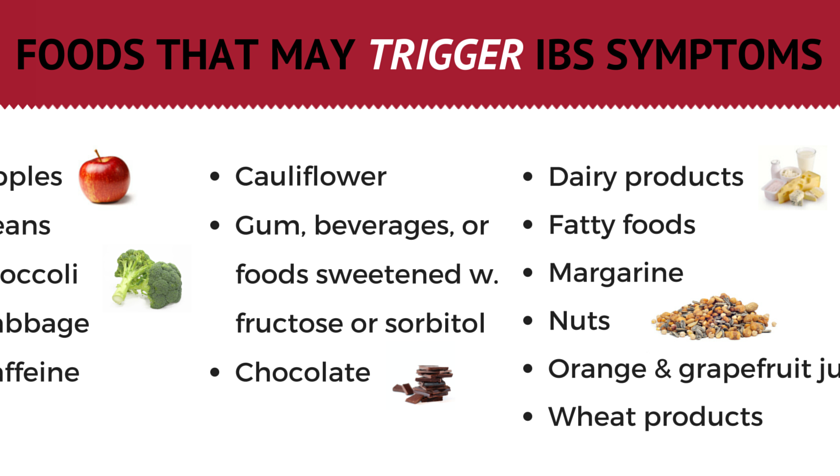Unexplained Weight Gain? It Might Not Be Your Diet
By: Saika J
Hitting a weight loss plateau can be incredibly frustrating. You put in the effort, sweat it out at the gym, and meticulously track your calories, yet the number on the scale stubbornly refuses to budge. Here’s the truth: sometimes, weight gain isn’t just about diet and exercise. Underlying health conditions, hormonal imbalances, and even your sleep patterns can play a significant role in why the pounds just won’t seem to come off.
This article dives deep into five surprising reasons why you might be gaining weight despite your best efforts. We’ll explore the science behind each factor and provide actionable tips to help you overcome these roadblocks on your weight loss journey. Remember, this information is for educational purposes only and should never replace professional medical advice. Always consult with your doctor before making any drastic changes to your diet or exercise routine.
The Thyroid Tango: When Your Body’s Engine Runs Slow
Our bodies are like complex machines, and the thyroid gland acts as a crucial engine, regulating metabolism and influencing a range of functions. When this butterfly-shaped gland located in your neck doesn’t produce enough hormones (a condition called hypothyroidism), it throws a wrench into your entire system.
The American Thyroid Association reports that one in eight women will develop a thyroid disorder in their lifetime. Symptoms like unexplained weight gain, fatigue, dry skin, and brittle hair can all be signs of an underactive thyroid. Because this gland impacts so many bodily functions, a sluggish thyroid can slow down your metabolism, making it harder to burn calories and lose weight.
What You Can Do:
- Get Tested: Don’t ignore these symptoms! Talk to your doctor about getting a simple blood test to check your thyroid function. Early detection and treatment with medication can make a significant difference in managing your weight and overall well-being.
- Fuel Your Engine: While medication is key, focusing on a nutritious diet with plenty of fruits, vegetables, and whole grains can further support thyroid function.
PCOS: The Hormonal Rollercoaster
Polycystic Ovary Syndrome (PCOS) is a hormonal imbalance affecting many women. This condition disrupts the production of estrogen and testosterone, leading to a cascade of symptoms like irregular periods, acne, facial hair growth, and – you guessed it – weight gain.
While there’s no cure for PCOS, the good news is that it can be effectively managed. Lifestyle changes like regular exercise, maintaining a healthy weight, and managing stress can significantly improve symptoms. In some cases, medication may also be beneficial.
What You Can Do:
- Talk to Your Doctor: If you suspect you might have PCOS, seek medical advice. Early diagnosis and a personalized treatment plan will equip you with the tools you need to manage the condition and navigate your weight loss journey.
- Embrace a Balanced Lifestyle: Prioritize regular physical activity, a balanced diet rich in whole foods, and stress-management techniques. These strategies will work in synergy to improve your overall health and potentially aid in weight management.
When Stress Takes a Bite Out of Your Weight Loss Goals
The modern world throws a lot at us, and it’s no surprise that stress and anxiety can wreak havoc on our bodies, including our weight. While some people lose their appetite under pressure, others resort to emotional eating, seeking comfort in unhealthy, calorie-dense foods.
A 2019 study published in the International Journal of Behavioural Nutrition and Physical Activity found a link between stress, depression, and anxiety with unhealthy weight gain. These emotional states can lead to fatigue, irritability, and a lack of motivation to control your weight.
What You Can Do:
- Mind-Body Connection: Acknowledge the stress-weight gain connection. Prioritize activities like meditation, yoga, or spending time in nature to manage stress levels.
- Healthy Coping Mechanisms: Develop healthy coping mechanisms to deal with stress. Opt for a brisk walk or a nutritious snack instead of reaching for sugary treats.
Unmasking the Silent Culprit: Tumors and Weight Gain
While it may seem like an unlikely culprit, tumors in the uterus or ovaries can contribute to weight gain. These tumors often develop slowly over time, and in extreme cases, large tumors in the pelvic area can cause bloating and swelling in the abdomen, mimicking weight gain.
The American Cancer Society emphasizes that weight gain associated with tumors is often accompanied by other symptoms like persistent back pain, abnormal bleeding, painful intercourse, and constipation. If you experience any of these symptoms along with unexplained weight gain, it’s crucial to seek immediate medical attention.
What You Can Do:
- Early Detection is Key: Be proactive about your health. Schedule regular checkups with your doctor and discuss any unusual symptoms you might be experiencing. Early detection and treatment of tumors can significantly improve your overall health and well-being. If you have concerns about weight gain accompanied by other symptoms like persistent back pain, abnormal bleeding, or constipation, insist on a thorough examination to rule out any underlying issues.
Sleepless Nights and Unwanted Pounds: The Insomnia Connection
We all know the importance of a good night’s sleep for feeling refreshed and energized. But did you know that sleep deprivation can also significantly impact your weight loss efforts?
Here’s the science behind it: when you don’t get enough sleep, your body’s production of hormones like leptin (the “I’m full” hormone) decreases, while levels of ghrelin (the “I’m hungry” hormone) rise. This hormonal imbalance can lead to increased cravings and unhealthy snacking, ultimately hindering weight loss.
A study published in the journal Obesity found a correlation between sleep deprivation and unhealthy weight gain. Leptin levels dropped in sleep-deprived individuals, while ghrelin levels increased, leading to a heightened hunger drive and difficulty managing weight.
What You Can Do:
- Prioritize Sleep Hygiene: Develop healthy sleep habits. Create a relaxing bedtime routine, establish a consistent sleep schedule, and ensure your bedroom environment is cool, dark, and quiet.
- Seek Help if Needed: If you struggle with chronic insomnia, talk to your doctor. There might be underlying medical reasons affecting your sleep, or they can recommend strategies and even cognitive behavioral therapy for sleep problems.
Beyond the Basics: Unveiling Additional Factors
This article has shed light on five surprising reasons you might be struggling to lose weight. However, it’s important to acknowledge that weight loss is a multifaceted journey. Here are some additional factors to consider:
- Medications: Certain medications can have weight gain as a side effect. If you suspect this might be the case, discuss it with your doctor to see if alternative medications are available.
- Hidden Calories: Be mindful of hidden calories in seemingly healthy foods like sugary drinks, processed snacks, and salad dressings. Reading food labels carefully can help you make informed choices.
- Portion Control: Even healthy foods can contribute to weight gain if consumed in excess. Use smaller plates, measure your portions, and be mindful of mindless snacking.
- Strength Training: While cardio is important, incorporating strength training helps build muscle mass, which can boost your metabolism and aid in burning more calories throughout the day.
Remember: Weight loss is a marathon, not a sprint. Be patient, celebrate your non-scale victories (like increased energy levels or improved strength), and don’t be discouraged by setbacks. By understanding the various factors influencing your weight and adopting a holistic approach that combines healthy eating, regular exercise, stress management, and adequate sleep, you can achieve your weight loss goals and create a sustainable path towards a healthier you.
Disclaimer: This article is for informational purposes only and should not be interpreted as medical advice. Always consult with a healthcare professional before making any significant changes to your diet, exercise routine, or if you experience any concerning symptoms.






